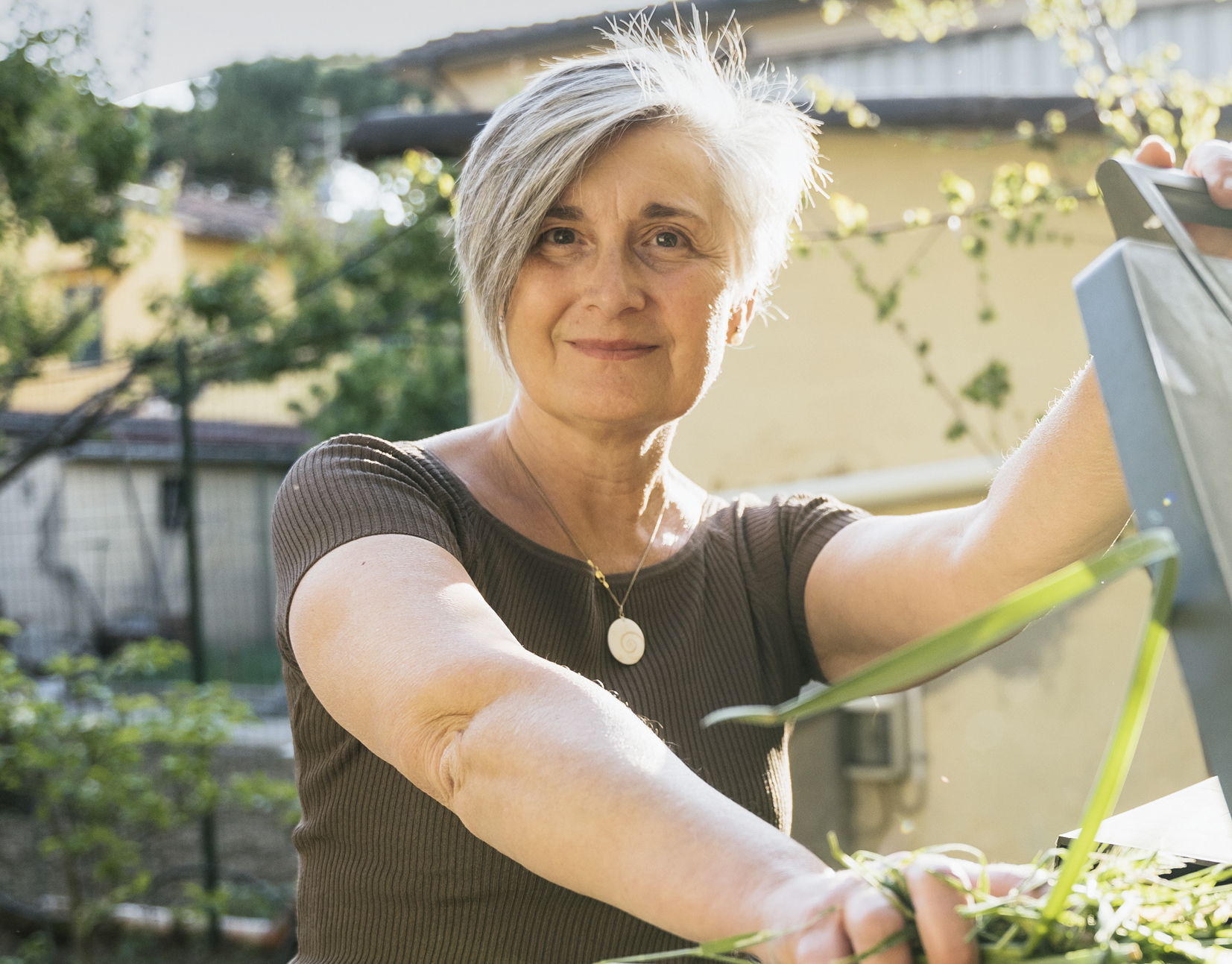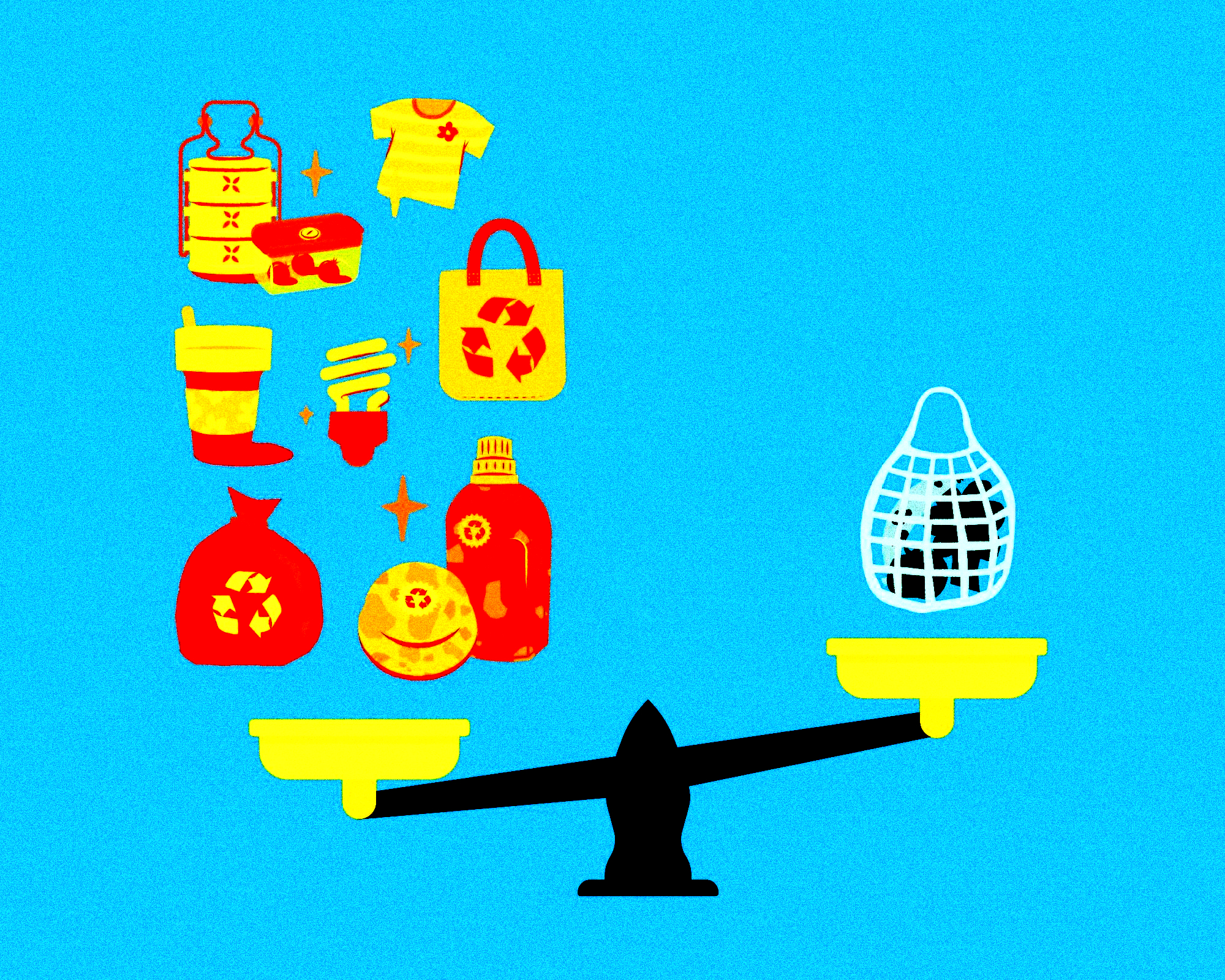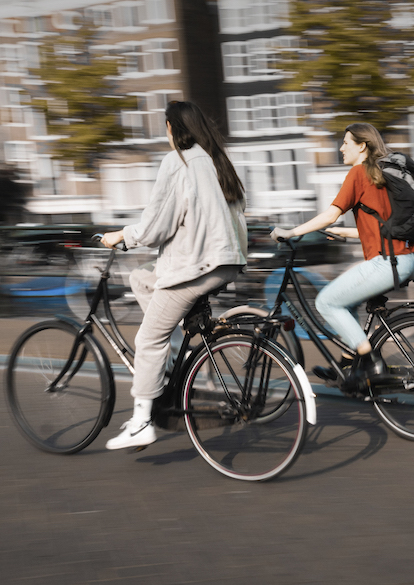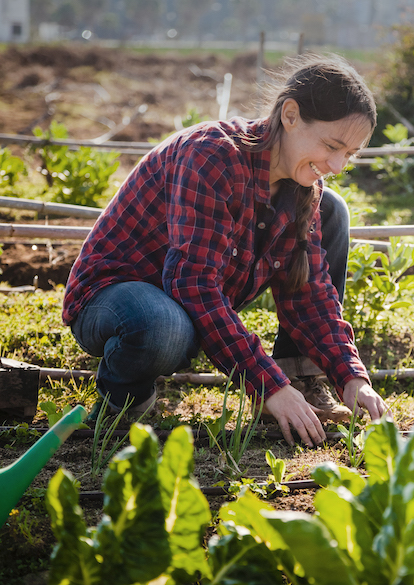
‘Innovation’ is a popular buzzword in the discourse around sustainability for good reason. Technological innovation is an important factor in encouraging a mass shift towards sustainability, but tech innovation alone will not deliver the carbon reductions we need to meet international obligations under the Paris Agreement, restricting global warming to 1.5 °C. In letting technology dominate the narrative, we risk putting all our eggs in one basket.
As a geographer researching environment and behaviour, I have spent much of my time investigating how the public engages with environmental dilemmas such as climate change. How do socio-cultural and political factors shape our patterns of consumption? In my lectures, I have challenged my geography and social science students over the past decade, suggesting that the green energy transition we hear so much about, might have more similarities than it should with our fossil-fuelled society. My eager environmental planning students have had to consider – many for the first time – that clean energy technologies from wind turbines to electric vehicles still require a wide range of minerals and metals. Given the high extraction costs and the impact this has on communities around the globe, renewable energies might only represent part of the solution.
‘Sufficiency’ as a concept may lack the cool factor associated with ‘innovative,‘ ‘smart‘ and ‘clean’ technologies but extensive research in environmental geography has shown me that less can certainly be more in the fight against climate change. We know that we cannot solve the climate crisis with an excess of products, however efficient they are. To battle excess, we need to reassess our relationship with consumption. I have spent the last 16 years working with interdisciplinary research teams at NUI Galway to drive this social and cultural shift. Developing the idea of ‘corridors of consumption’ with Irish households, we question the minimum and maximum standards of consumption necessary to allow individuals to live a life of value, without denying others of the same opportunity.

Over the past few decades, the concept of sustainable consumption and production has elevated to a new prominence. Responsible and sustainable consumption now has a dedicated Sustainable Development Goal (for which NUI Galway ranks fifth in the world). For some, ‘sustainable consumption’ means consuming more of the ‘right’ sustainable goods; for others, it means consuming goods differently and consuming less. To date in Ireland and much of the EU, attention has been focused on the consumption of ‘more’ sustainable products, services and behaviours, e.g., promoting A-rated home appliances and grants towards electric vehicles. However, it is in the combination of consuming ‘differently’ and ‘less,’ that we find some of the most radical yet realistic solutions to achieving sustainable consumption.
Strategies based on consuming ‘more’ of the correct goods are usually classified as eco-efficiency approaches (a reduction in resource consumption per consumption unit through design/production improvements). While improved consumption efficiency is part of the solution, it is increasingly apparent that an overall increase in consumption over time can wipe out short-term efficiency gains. Appliances in many households in Ireland have become more efficient, but these initial savings in consumption are often eaten up by new habits that increase the use and/or number of domestic appliances. This focus on efficiency is appealing to many, unchallenging as it is to the status quo expectations around quality of life and growth.
If we are to meet sustainability goals, the conversation and indeed policies around consumption among consumers in this country need to change, and they need to change rapidly. To date, policies based on sufficiency, consuming less and social and cultural changes, have been neglected and overshadowed within Irish and European sustainability discussions. Recent energy research from NUI Galway-led project ENERGISE shows how sufficiency strategies and measures focused on transforming existing everyday practices may present a more realistic opportunity for change. These are especially effective when combined with a collective re-examination of people’s wants, needs and desires.
To give one example, we looked at habits around washing clothes in 40 Irish households. Awareness of environmental and particularly energy issues has meant that many households in Ireland over the past 10 years have begun to purchase more efficient washing machines and tumble driers. Many householders also consciously use eco-cycles for washing and drying. Still, there is no conversation about the amount of laundry we actually need to undertake. Why is the average household in Ireland doing six washes per week? When do we decide that an item of clothing is ‘dirty?’ We are yet to truly question expectations of cleanliness and social norms – to challenge our everyday practices. Several households in Tipperary that participated in the study remarked on the indirect benefits of reducing the amount of daily washing they had to do.


IPCC Report – The ‘Avoid’ Option Released in February 2022, the most recent IPCC report offers a step in the right direction. For the very first time, the report contains an entire new chapter dedicated to demand, services and the social aspects of climate mitigation. For many social scientists researching environmental issues, climate change and consumption over the past decade, the inclusion of a section on demand (which highlighted findings suggesting that we need positive messaging about possible futures that avoid emissions) was long overdue. Reference to the ‘avoid’ option within the IPCC report was particularly pioneering for many of the geographers and research teams working on projects such as CONSENSUS and ENERGISE over the past 15 years at NUI Galway, projects which actively call for a spotlight on sufficiency strategies.
What does the avoid option look like? A common example used to illustrate the ‘avoid, shift and improve’ approach is transportation. To avoid is to reduce consumption – to eliminate private car use through either travel reduction, remote working or car-sharing. ‘Shift’ relates to moving from a less sustainable method of transport to a more sustainable one, e.g., swapping your car for a bicycle. To ‘improve’ is to increase resource efficiency, e.g., replacing a diesel or petrol car with a hybrid or electric option.
While making the avoid option more prominent in policy debates is a sign of progress, I acknowledge that a significant drawback of this approach is its emphasis on modifying consumer behaviour, rather than production processes. The responsibility to deal with climate change cannot be borne by individuals alone.
Across the island of Ireland, domestic consumption levels have increased dramatically during the past three decades. Public discourse has understandably focused primarily on minimum levels of consumption, with local and national media outlets frequently reporting on minimum wages and acceptable minimum levels of food, shelter and healthcare. The concept of maximum levels of consumption, however, has received little scrutiny, despite its impact on us all.
Thinking about sustainable consumption in terms of “consumption corridors” is an alternative approach that is gaining momentum. This concept places the association between the “good life” and consumption at the centre of sustainability debates. Consumption corridors demarcate the space for sustainable consumption – defining minimum and maximum consumption standards that permit individuals to satisfy their needs and live a life they value without impairing the possibility of a good life for other people. ‘Corridors of sustainable consumption’ occupy the space between these minimum and maximum standards.
Consumption corridors have the potential to operationalise sufficiency strategies, making it possible for individuals to live better by consuming less and reducing their impact on the environment. Change is after all, not a product but a process, for which we need an extensive model.
Profiles

Professor Frances Fahy is a geographer and energy social scientist at NUI Galway where she leads a number of research teams on sustainable consumption and energy citizenship research. Frances has coordinated > 20 funded research projects and is the coordinator and lead of the Horizon 2020 project, EnergyPROSPECTS (2021-2024). She currently leads and partners on three other large-scale European projects worth > €14 million euro, CAMPAIGNers, JCI-SOLTICE CCC-CATAPULT, and SHARED GREEN DEAL.
A Fulbright Scholar, Frances previously served as Head of Geography at NUI Galway. She is the past President of the Geographical Society of Ireland and a past Chair of the Planning and Environment Research Group (PERG) of the Royal Geographical Society. In recognition of her work Prof Fahy was awarded the President’s Award for Research Excellence (Established Researcher) in 2017 and she was the recipient of our University's inaugural President's Award for Societal Impact in 2018. In 2020 Frances was awarded the President’s Award for Teaching Excellence: Team Award along with her BSc Social Science colleagues, Dr Mike Hynes and Dr Therese Conway.